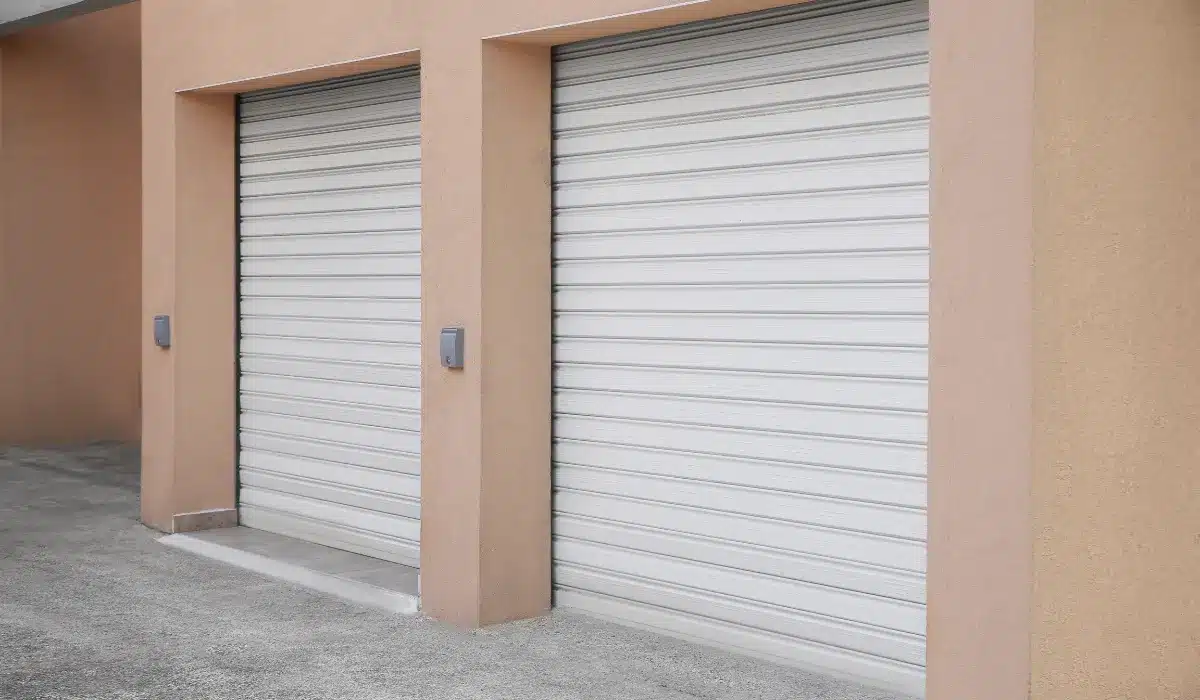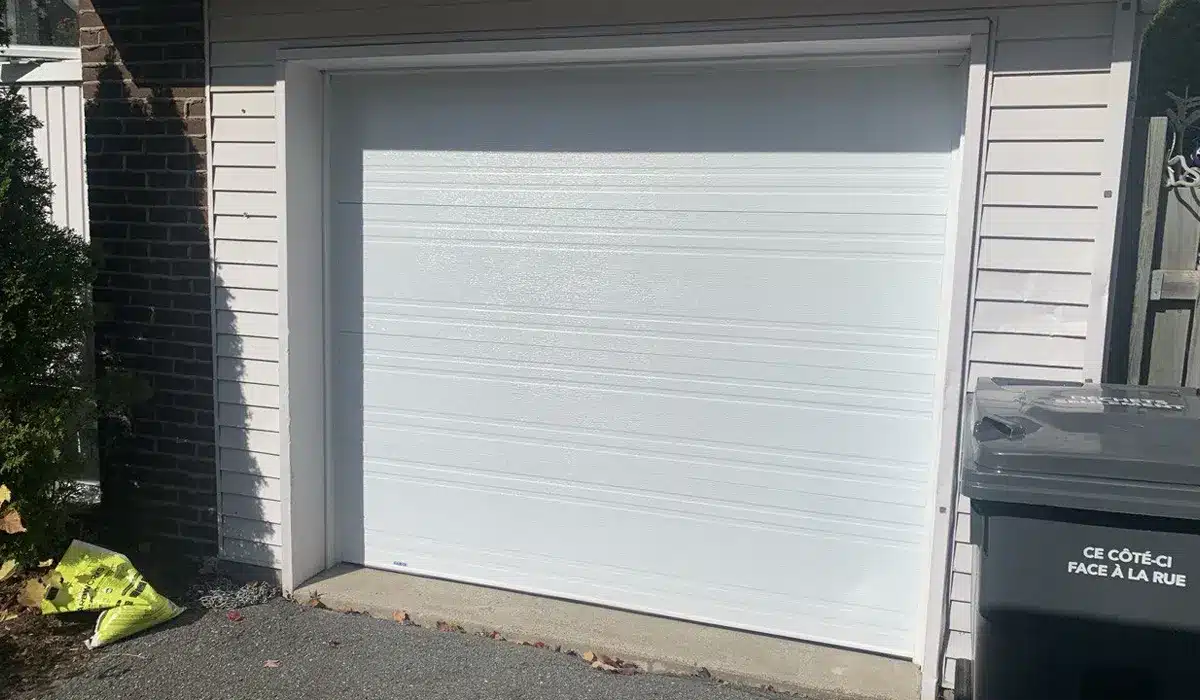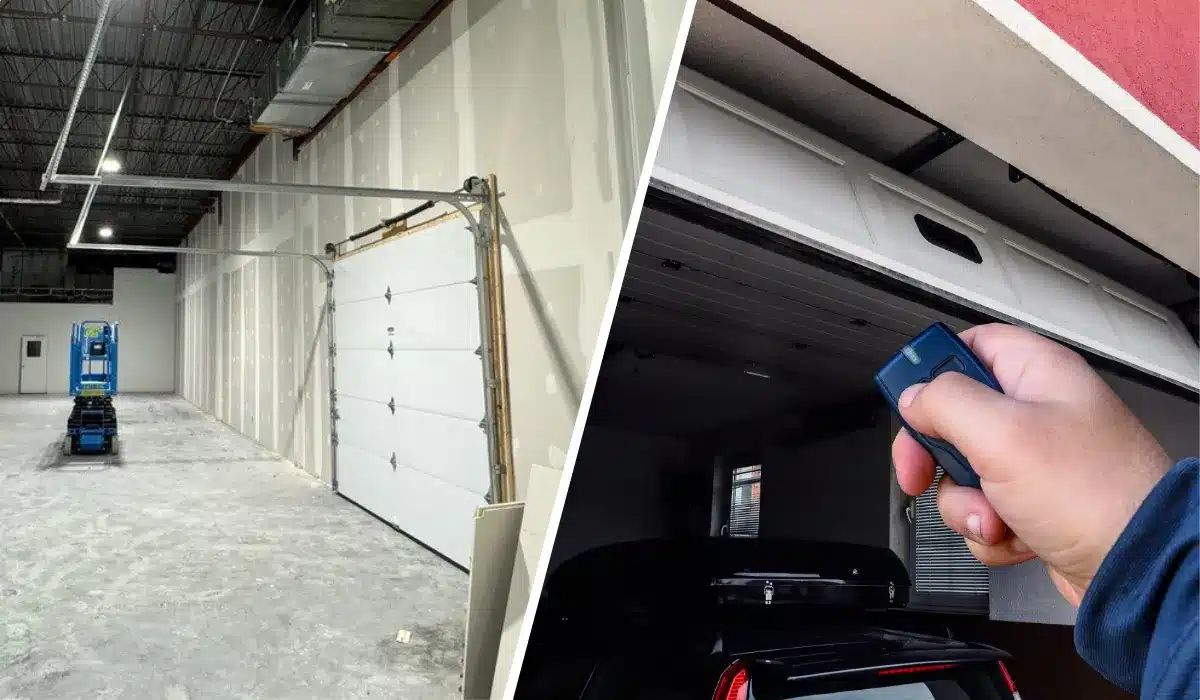
Choosing the Right Garage Door: A Comprehensive Guide
Choosing the Right Garage Door: A Comprehensive Guide When selecting a garage door, the choice of material and design plays a crucial role in ensuring durability, security, and convenience. Most garage doors are crafted from metal, predominantly aluminum or steel. Each material has its distinct advantages and considerations, which we will explore in detail. Aluminum Garage Doors Aluminum garage doors


